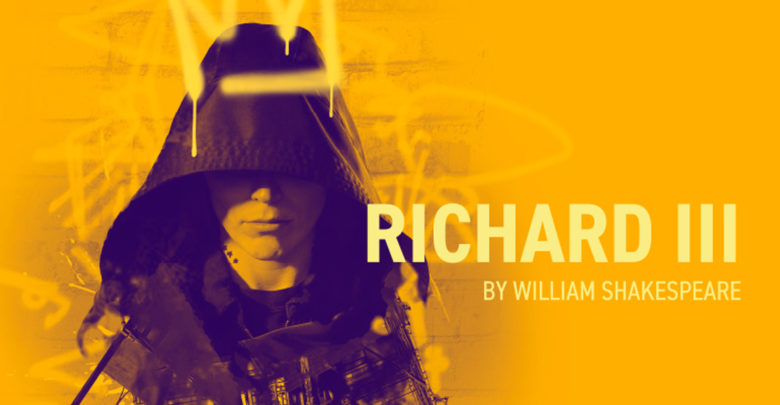Q&A: “Shakespeare, But Not As You Know It” with Max Rubin
Max Rubin, director of Richard III, talks about the play and the relevance of Shakespeare today
 Supplied
SuppliedWhat: Shakespeare’s Richard III
Where: Timms Centre for the Arts
When: October 11-19
Directed by: Max Rubin
How much: $12 for students
More info at https://www.ualberta.ca/arts/shows/theatre-listings

Some people would rather watch a bunch of Elvis impersonators do a dance number and describe a car through sexual metaphors in
Richard III is set in England from a crazy long time ago, about a certain Duke who, by stealing, murdering, and lying, manages to rise to the throne. In this “game of thrones,” Richard soon realizes he’s won nothing by ascending to the throne. This play from Shakespeare is opening the University of Alberta’s studio theatre lineup.
Max Rubin is a graduate
The Gateway interviewed Rubin, director of Richard III, about why this play deserves to be retold today, and how lessons from a time when people dug holes to shit in are still relevant today.
——————————————————————————————————————
Q: Why Shakespeare? Why not a more modern play like Rent set in a modern context, why a play from five centuries ago?
A: Because it still speaks clearly to our modern world; there’s a reason why Shakespeare’s plays are the most performed in the universe, because his plays speak to us in ways that others do not, and looking through the lense of today – and I came to this particularly thinking about the rise of populism in Europe where I am from, it seems to me a horribly accurate portrayal of things that are happening right now.
Q: When you said this play has a different flavor to it, it reminded me of the language of Shakespeare, and how even as a future English teacher I sometimes zone out when I don’t have the footnotes in front of me. Will the audience be able to keep up?
A: I think that audiences will have no problem at all understanding what people are saying, because we’ve taken real care to work with the verse and make sure everyone is clear in their intentions. Language is the least problematic part of it. What I think is much more problematic is that it’s all about English history, with which a Canadian audience may be less familiar — I don’t know anything about it and I’m from there. There’s like 50 characters, many of whom all come out at the end — there’s the earl of this and the marquis of that, it’s really confusing. So I think that was our main problem to solve, hopefully we’ll have done our job.
Q: If you had to pitch it to someone whose last play they read was Romeo and Juliet in Grade 10, how would you go about it?
A: It’s Shakespeare, but not as you know it. We’re using all sorts of media like giant projections run by an iPad and a really contemporary ensemble approach to mitigate the old-fashiondness in the hopes of making something that is new.
Q: What’s it been like working with university students as opposed to lifetime professionals?
A: It has been a privilege to work with this excellent cast. Six of them are current, final-year BFA Acting students, the remaining four are experienced professionals. My bet is that you won’t be able to tell which is which. All of the BFA students would grace any professional company, in my opinion.




